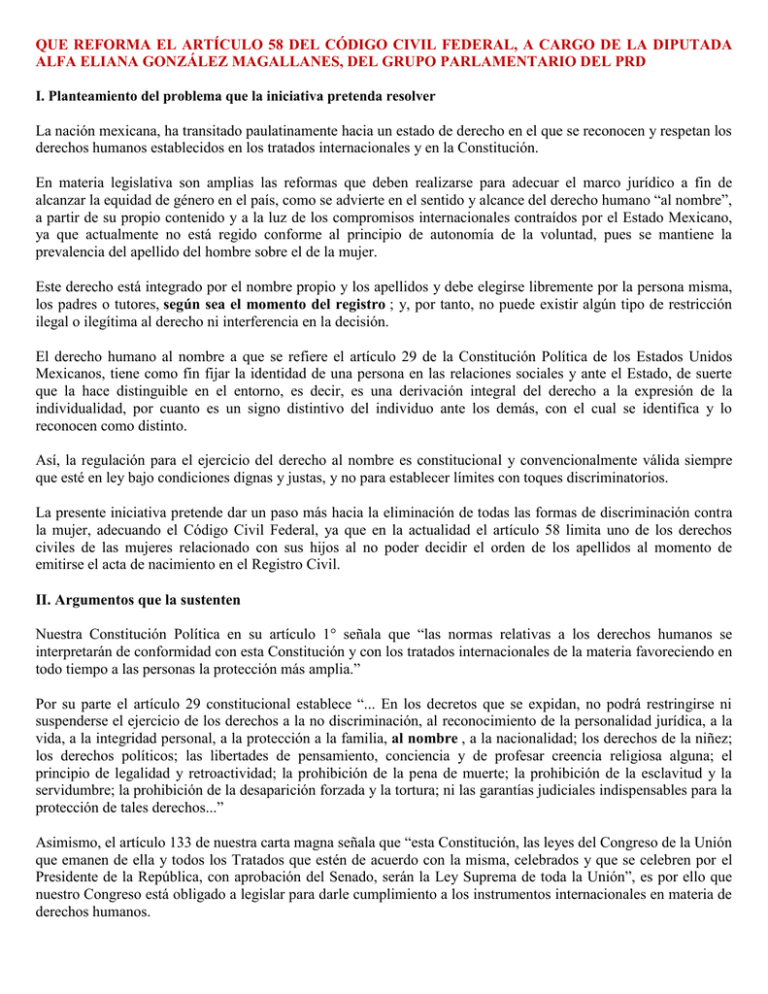Imagine a young mother, brimming with joy at the arrival of her newborn, but burdened by the fear of losing her job. This is a scenario tragically commonplace in many parts of the world. Thankfully, in Nicaragua, the legal framework provides a protective shield for mothers in the workplace, ensuring they can enjoy their new roles without sacrificing their careers. This shield is Article 45 of the Nicaraguan Labor Code, a powerful legal instrument guaranteeing maternity leave and other vital benefits.

Image: juristasdelecuador.blogspot.com
In this article, we will delve into the intricacies of Art. 45, examining its provisions and exploring its impact on the lives of working mothers in Nicaragua. We will shed light on the importance of this legislation and illuminate the powerful story of a legal framework built to protect mothers and their families.
A Guarantee of Maternal Wellbeing
Art. 45 of the Nicaraguan Labor Code guarantees every mother the right to maternity leave, ensuring a period of dedicated time for rest, bonding with their newborn, and recovery from childbirth. This leave is not simply a generous benefit but a vital component of the mother’s physical and emotional well-being, crucial for her and her child’s healthy development.
The code mandates a minimum of 12 weeks of paid leave, extending to 14 weeks if the mother experiences complications during pregnancy or childbirth. This generous leave period allows mothers the chance to recover from the physical demands of pregnancy and childbirth, establish breastfeeding routines, and foster a deep bond with their newborn.
Beyond Leave: A Web of Protection
Art. 45 extends its protection beyond the immediate postpartum period. It prohibits employers from dismissing a pregnant woman during her pregnancy or within a year of giving birth, safeguarding her job security during this vulnerable time. This provision ensures that mothers remain financially stable during their leave, alleviating the economic stress they might otherwise encounter.
Furthermore, Art. 45 guarantees working mothers the right to breastfeed their infants during working hours, requiring employers to provide suitable spaces and breaks for these intimate moments. This provision recognizes the importance of breastfeeding in promoting infant health and well-being, supporting mothers in providing the best possible nutrition and care for their children.
The Social Impact of Art. 45
The implications of Art. 45 extend far beyond the individual mother. It fosters a societal environment conducive to healthy family structures, ensuring that mothers can comfortably navigate the demands of motherhood without compromising their careers. This legislation empowers women to contribute fully to both the workforce and the family unit, fostering broader societal prosperity.
Art. 45 also serves as a powerful tool to combat gender inequality in the workplace. By providing robust legal protection to pregnant women and mothers, it discourages discriminatory practices, creating a level playing field for women in pursuit of professional success. The legislation promotes a culture of equality and fairness, allowing women to thrive in their careers without sacrificing their maternal roles.

Image: studylib.es
Voices From the Ground: Empowering Mothers
The impact of Art. 45 is evident in the stories of working mothers across Nicaragua. Many recount how this legislation allowed them to return to the workforce with confidence, knowing their jobs were secure and their employers obligated to provide the support they needed. The assurance of paid maternity leave and breastfeeding accommodations alleviated the financial and practical anxieties that often accompany motherhood, empowering them to confidently raise their families while maintaining their careers.
One young mother shared her experience, recounting how Art. 45 provided a lifeline during her challenging postpartum journey. “Knowing I had 12 weeks of paid leave gave me peace of mind. I could focus on my baby’s needs and recover from childbirth without worrying about finances. My employer was supportive and provided a designated space for breastfeeding. This made a huge difference in my life. I felt empowered and valued, and I was able to return to work with renewed confidence,” she said.
Art 45 Codigo Del Trabajo Nicaragua
A Beacon of Hope: Protecting Mothers and Building a Stronger Society
Art. 45 of the Nicaraguan Labor Code stands as a testament to the country’s commitment to the well-being of its mothers and families. It is a powerful legal instrument that empowers women, promotes healthy families, and fosters a society where everyone can thrive.
The provisions of Art. 45 not only provide legal protection but also contribute to a culture of respect and support for working mothers. By acknowledging the unique needs and challenges of motherhood, this legislation strengthens the social fabric and helps to build a brighter future for all.
It is important to remember that this legislation is not a mere legal document; it is a crucial component of creating a just and inclusive society, one where working mothers are supported and empowered to fulfill their roles as mothers and professionals. Let us celebrate the achievements of Art. 45 and continue to advocate for its robust implementation, ensuring that Nicaraguan mothers continue to experience the secure and fulfilling lives they deserve.






